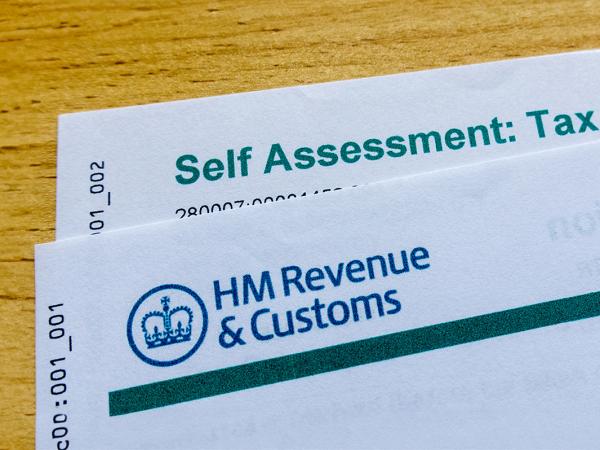Foster carers and shared lives carers
This information is designed to help foster carers, shared lives carers (including adult placement carers), certain kinship carers and those offering staying put care understand how tax and National Insurance (NIC) works for them. Below, we refer only to foster carers and shared lives carers, but that should be read as including those other categories of carer, as appropriate.
Content on this page:
Income tax and qualifying care relief (QCR)
It is important to understand that foster carers and shared lives carers are required to register with HMRC as self-employed unless they are being paid through a payroll as an employee with tax and National Insurance contributions being deducted by their employer (which is unusual).
There is a single, statutory income tax relief for all called qualifying care relief (QCR). This includes foster care, adult placement care, kinship care, staying put care and parent/child arrangements. In order to be qualifying care, the child (or adult) needs to have been placed with the carer by a local authority or an authorised social care scheme.
For the definition of qualifying care as it applies to foster carers see our page Qualifying care relief for foster carers.
For the definition of qualifying care as it applies to shared lives carers see our page Qualifying care relief for shared lives carers.
For details of how QCR works see our page Qualifying care relief.
Capital gains tax
For information on the capital gains tax implications of fostering or supporting a shared lives service user in your home when you decide to sell your house see our page Selling your home.
Universal credit and tax credits
For information regarding tax credits when you are a foster carer or shared lives carer see our page Working tax credit.
For information regarding Universal Credit when you are a foster carer or shared lives carer see our page Universal credit: basic conditions.


